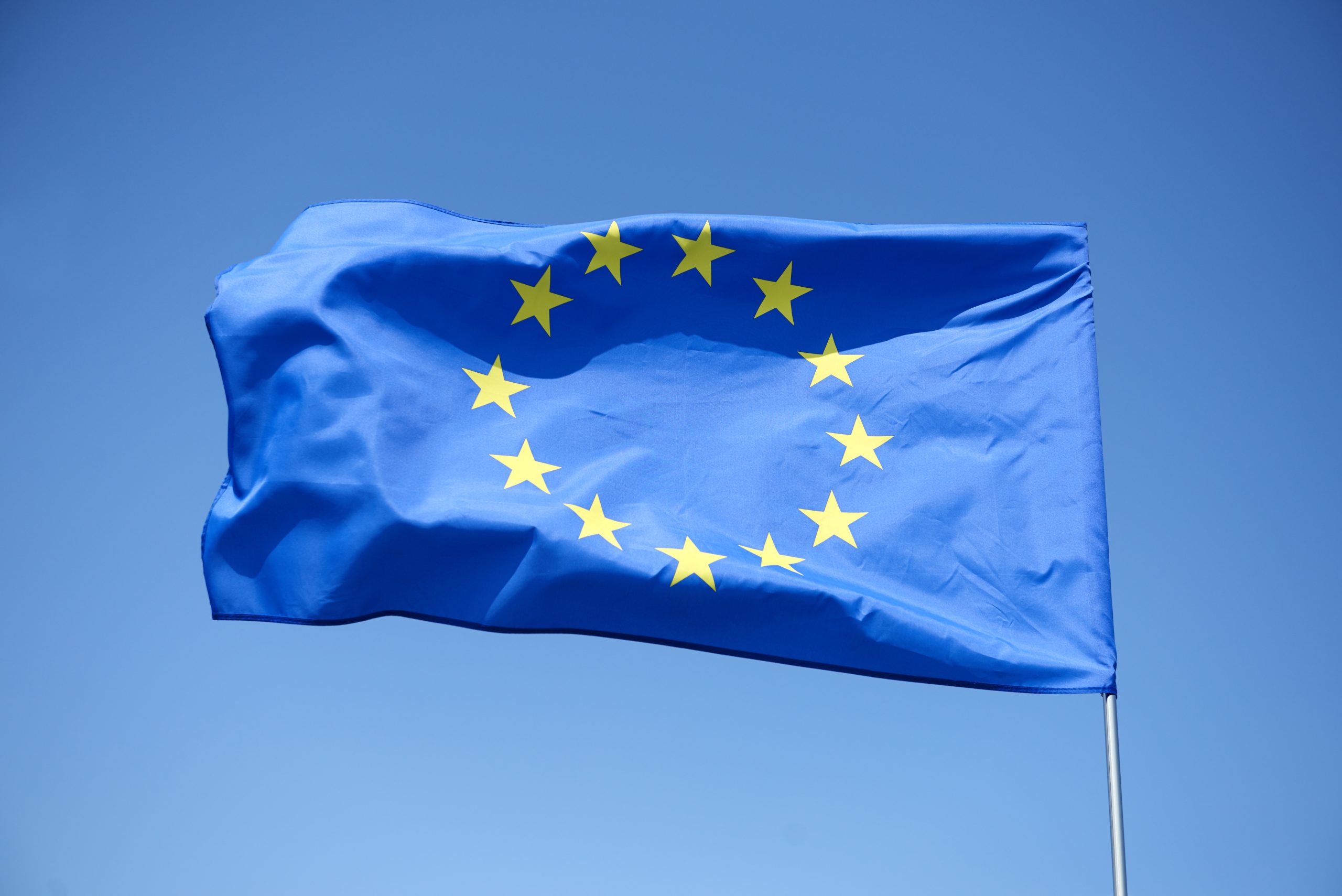National parties and European political groups across the 27 member states are now gearing up for the European Parliament elections on 6-9 June 2024, picking leading candidates and finalising electoral programmes. While European Parliament elections have long been considered “second-order” and less important than national elections, they offer fringe parties a chance to shine, not least as voters are more willing to vote out of protest than is otherwise the case.
As such, far-right parties, even those that campaign on an explicitly anti-EU position or call for their country to leave the EU, take European Parliament elections seriously as they offer a chance to gain results that are unattainable in national contexts, all while being able to benefit from the perks that come with a strong representation in the European Parliament through generous funding and the possibility to form or lead political groups.
Against this background, in the run-up to the 2019 European Parliament elections, there were numerous interventions by commentators, journalists and mainstream politicians alike about the dangers posed by a possible far-right surge and the need to ensure that “pro-European” parties succeed.
A discourse ensued in which the European Parliament elections were depicted as a battle between pro- and anti-Europeans, with predictions in the run-up to the elections speculating about how big each of these two apparent blocs would be. Similar warnings have appeared in the leadup to the 2024 European Parliament elections, with claims that “anti-European populists” are on track to win big, that a far-right surge is waiting to happen and that we need the counterweight of a pro-European centre bloc.
While it is understandable that the success of the Eurosceptic far right is a cause for concern for many, not least for minorities aggressively targeted by such parties, the framing of EU elections as a battle between pro- and anti-Europeans is both problematic and counterproductive. As such, the “pro-European” side would be well advised to steer clear of this narrative in the months to come.
Opposition to the status quo
First, a core message pushed by the far right is that the parties that have long dominated electoral politics, the Christian Democrats, Social Democrats and Liberals, are largely indistinguishable from one another and will implement the same policies once elected to power. The far right argues that it embodies the only real opposition in town and represents the “true” voice of the people, who are ignored by a cartel of political parties only interested in staying close to the levers of power.
While it is easy to dispel such claims, the far right’s political opponents often confer legitimacy on this framing by constructing the very divide the far right thrives off. By depicting the EU elections as a fight between pro- and anti-Europeans, the electoral space is oversimplified: you are either with or against business as usual.
However, in reality, many citizens are disillusioned with how the EU is run. A 2021 study, for instance, found that only “60 percent of respondents from the 27 EU countries are satisfied with the state of democracy in the EU”. Yet, a strict pro/anti-EU discourse inadvertently depicts the Eurosceptic far right as the only real opposition to the status quo – a status quo many are unhappy with.
Voting in favour of the EU is not enough
Second, a pro- versus anti-EU discourse allows little room for meaningful political contestation and risks an overly simplistic debate. When being the “most pro-European party” is your electoral brand, there is a danger that political debate is moved from a discussion of substance into the world of feelings and emotions, where EU flags are proudly waved, declarations of “I love EU” are made and pro-EU hoodies signal your progressive credentials.
In true fashion, the 2019 campaign of the “pro-European” German Social Democratic party was titled “Europe is the answer”. However, European Parliament elections ought to be fought on the merits of individual parties and their vision for Europe. Voters should not be voting in favour or against “Europe”, not least as the EU does not have a fixed identity, and its political priorities are up for grabs. The only way to ensure that European Parliament elections go beyond second-order elections is to try to replicate the political contestation that marks national elections. Simply asking voters to vote in favour of the EU is not enough.
Criticising EU policies is not Euroscepticism
Third, a pro- versus anti-EU discourse makes it increasingly difficult to challenge the current direction of the EU without being labelled Eurosceptic. Where the EU is heading, and the future values it will embody, are open questions. It is perfectly reasonable, for instance, for liberal and progressive voices to be concerned about the EU’s migration policy, increasing militarisation and inconsistent foreign policy when it comes to the plight of the Palestinians.
In a sense, challenging the priorities of the current EU must be a legitimate position, or at least a stance that should be contested on substantive grounds. Yet, if either the pro- or anti-Europeans are poised to win, both constructive criticism and reactionary rejection risk being subsumed under the same “anti-EU label”, silencing well-meaning critics of the EU voicing concern in good faith. In the vacuum of critical opposition, voters unhappy with the trajectory of the EU are left with little choice besides the proudly Eurosceptic far right.
Avoiding the mistakes of the past
Party activists and leaders across the continent would be well advised to see the upcoming elections as a contest over what the EU should stand for, where it is failing and what needs to be done to reconnect with disillusioned citizens. Simply asking voters to vote “for the EU” might have worked in the past, but it’s doomed to fail today and, inadvertently, may only strengthen the very “anti-Europeans” such a binary framing seeks to challenge.
About the Author
Omran Shroufi is a Postdoctoral Researcher at Vrije Universiteit Brussel.

